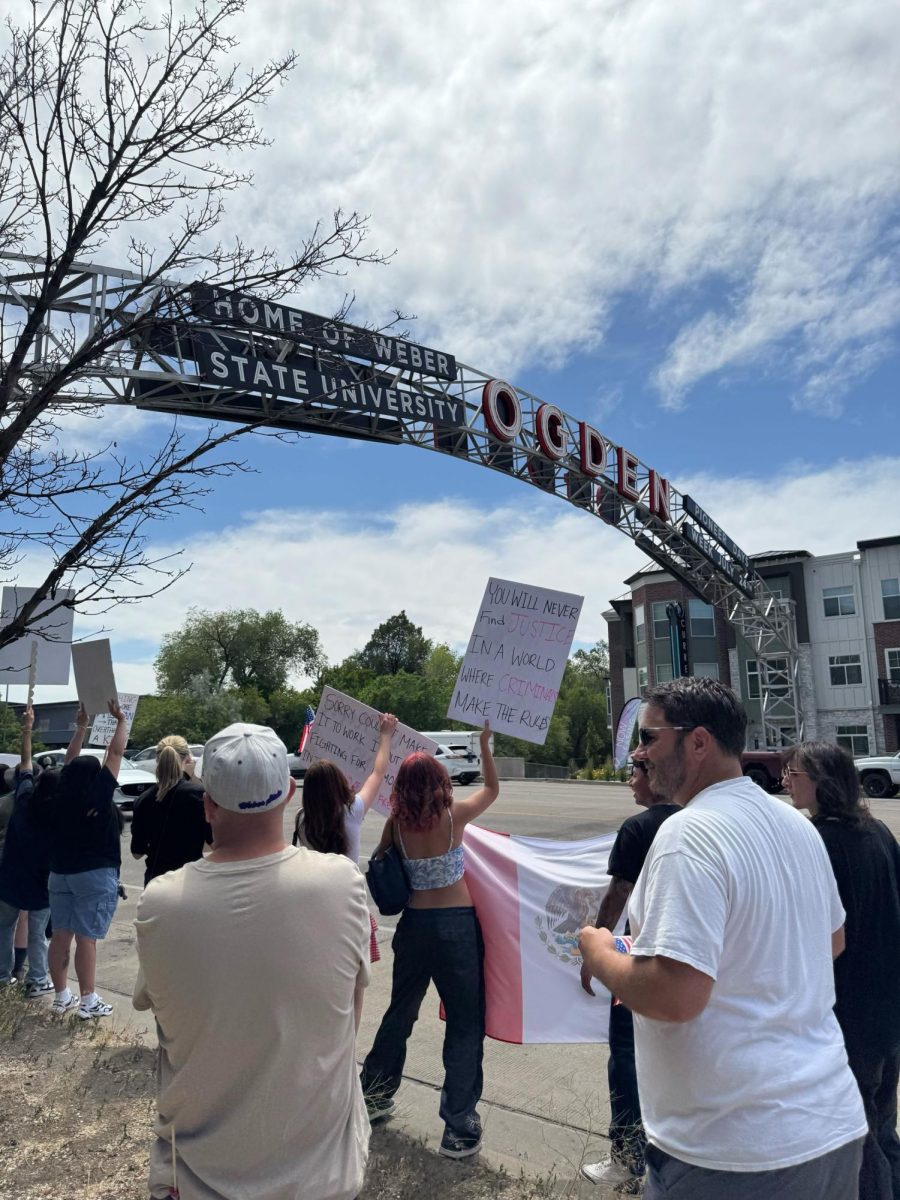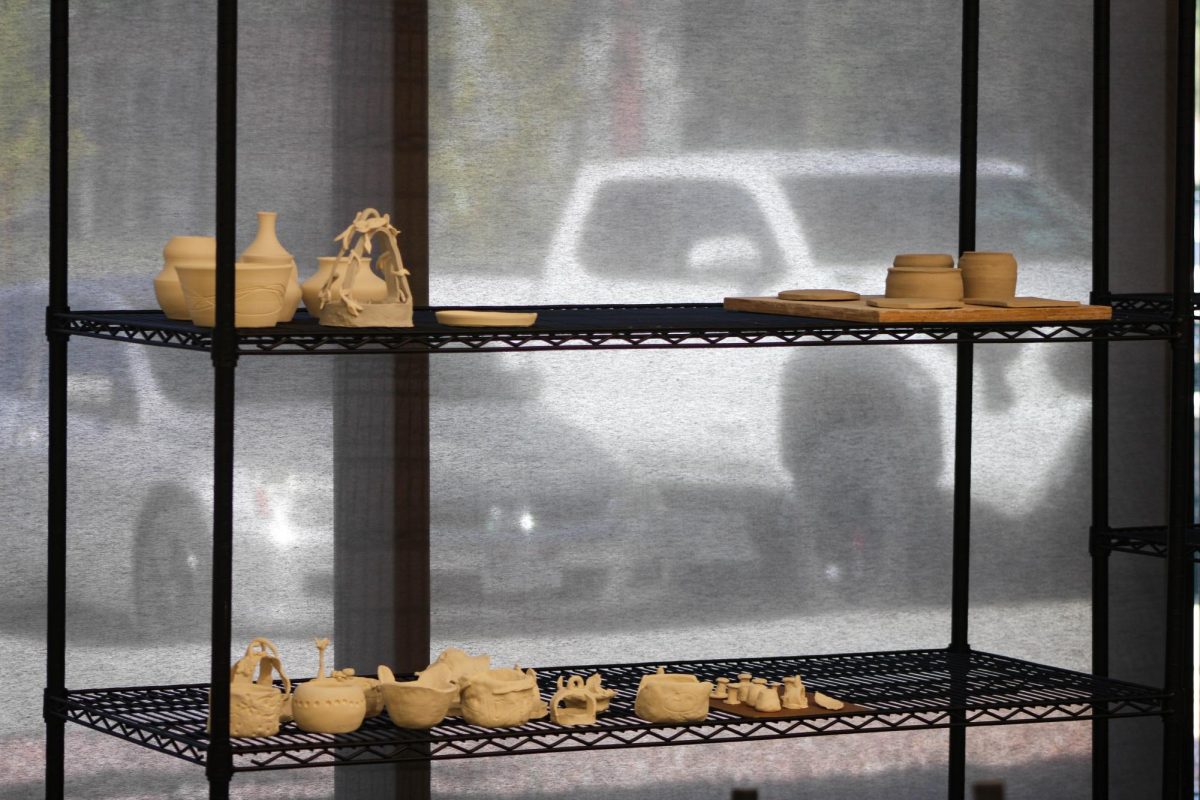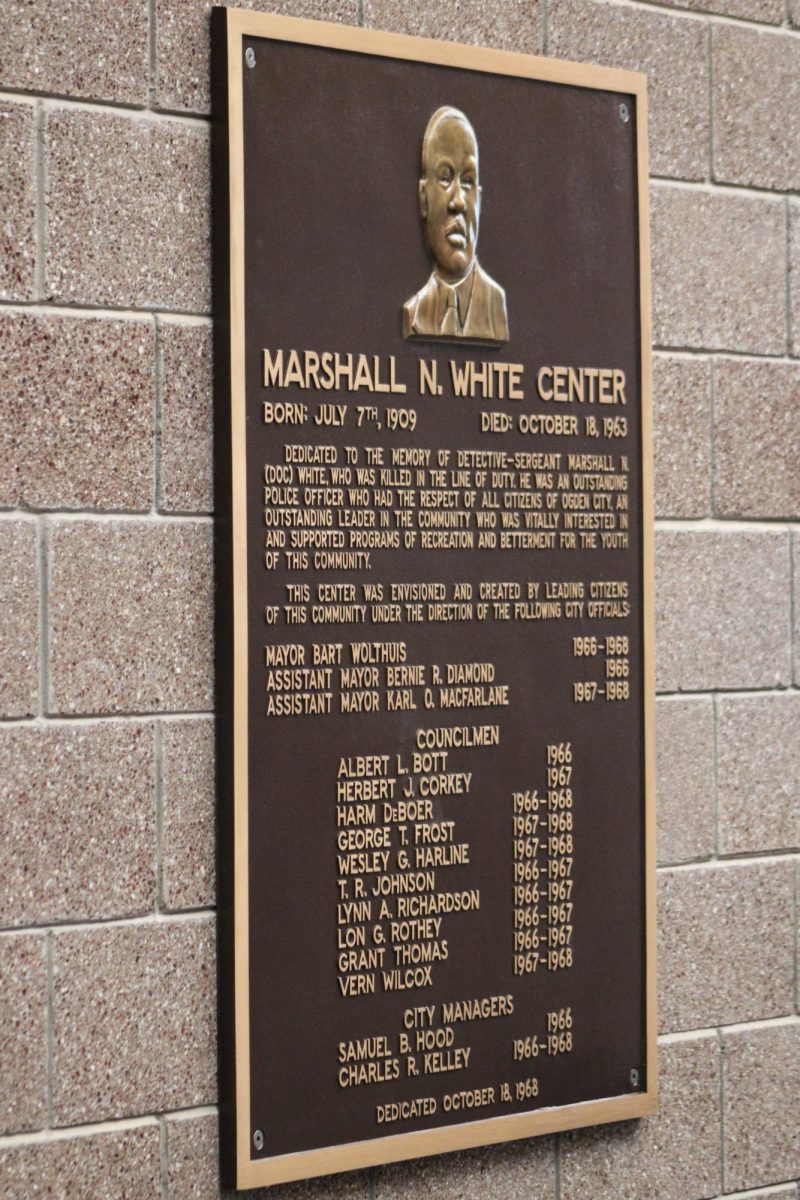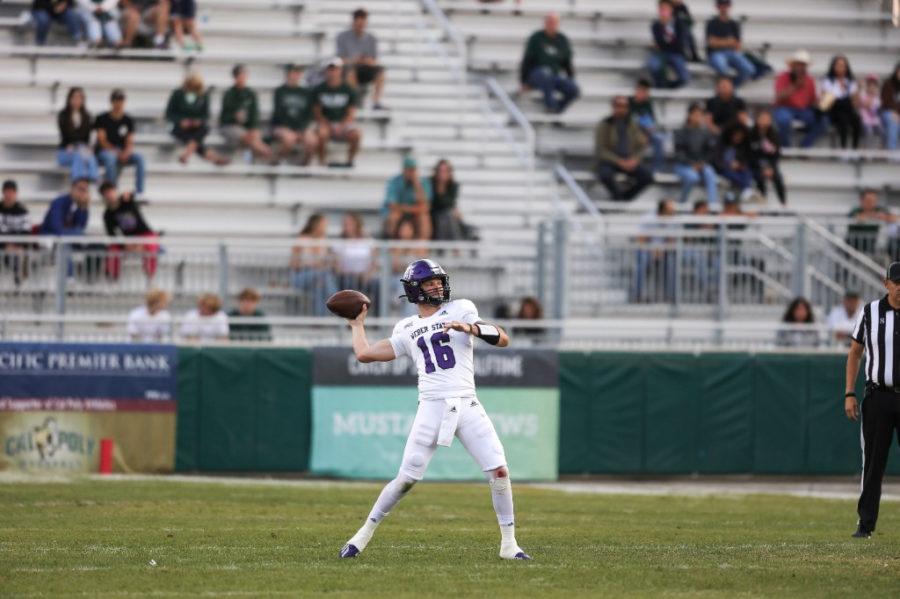The Ralph Nye Executive Lecture Series hosted Aaron Swenson, Weber State University alumnus and Manager of Global Corporate Payments for American Express, on Feb. 23 in the Wattis Business building room 207.
Swenson received his bachelor’s degree in business from WSU in 2003 before launching a 13-year career in the finance industry. Swenson was the previous vice president and team leader for Zion’s Bank in treasury management.

Currently, Swenson works with the largest American Express cooperate clients in Utah by managing, facilitating and growing their programs.
Swenson discussed failure and encouraged students to not be afraid of failure. He told students to minimize failures but to acknowledge that a lot of success can come from failure.
“Failure is okay, and businesses have ups and downs, to be able to minimize that as much as possible but to not be discouraged and to realize that there are so many different, unique and changing ways that businesses are operating primary cash flow bases,” said Swenson.
Cash flow is critical in businesses. Eight of 10 entrepreneurs who start a business fail within the first 18 months, and 96 percent of businesses fail in the first 10 years, Swenson said.
Swenson explained introductions and the benefits of mastering the 30-second commercial for a proposed business, also known as the elevator pitch.
“Proper introductions are critical,” said Swenson. “(The) 30-second commercial — master it, live it.”
The lectures are part of a required class for all business majors, and students are required to attend the lecture series in order to graduate from the Goddard School of Business and Economics. The lectures are open to the public, and students are encouraged to attend and meet the speakers.
“The purpose of the Nye Lecture Series is to provide career advice and direction to students who are near graduation in the Goddard School,” said Colby Peterson, who coordinates with the speakers and gathers information necessary to host the lectures.
The lectures are held every Thursday with speakers ranging from local business managers to national leaders in industry.
According to Peterson, Speakers are chosen from alumni from various disciplines in order to provide students with perspectives on how each major impacts business and how they can contribute.
According to Dean Jeff Steagall, attending the lectures will give students an opening to network with the speakers who attend, and networking has provided job opportunities.
“About 15 students get to have lunch with the speaker afterward, and the students who attend the lunch have the opportunity to ask the speaker questions in a more intimate setting,” said Steagall.



















